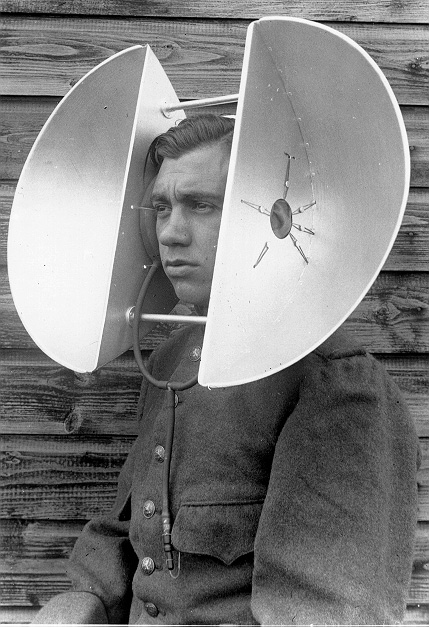Google Translate has impressive potential, flawed tool though it is, but so far it’s been long, hard slog to perfect it, and it’s a wonder if that process will ever speed up. From an Economist piece about updates to the app:
The dream has transfixed science-fiction fans for decades. Star Trek had its universal translator, and Douglas Adams’s satirical Hitchhiker’s Guide to the Galaxy series had its Babel Fish. What if technology (or, in Adams’s case, a super-evolved, ear-insertable fish) really could end all language barriers? In an optimistic scenario, world peace would be all but certain. In Adams’s satire, perfect understanding would cause “more and bloodier wars than anything else in the history of creation.”
Whichever your view, don’t throw away the language textbooks yet. Google Translate’s update does two nifty things. One is that when you point your camera at a foreign-language text (a book cover, sign or menu), optical-character-recognition and translation software instantly work together to try to render the text into your language—on your camera screen, so you can see the words in context. The second update is to make the voice-recognition and voice-synthesis parts of Google Translate recognise languages, instantly convert spoken words into text, translate the text, and then say the words in the target language. This looks closer to our Universal Translator than anything yet devised.
Alas, reality is different. What Google has done (in steps, not revolutionary leaps) is truly impressive. But anyone relying on it in a sensitive situation is likely to confuse lots of other people. At worst, it may annoy or insult them.•

